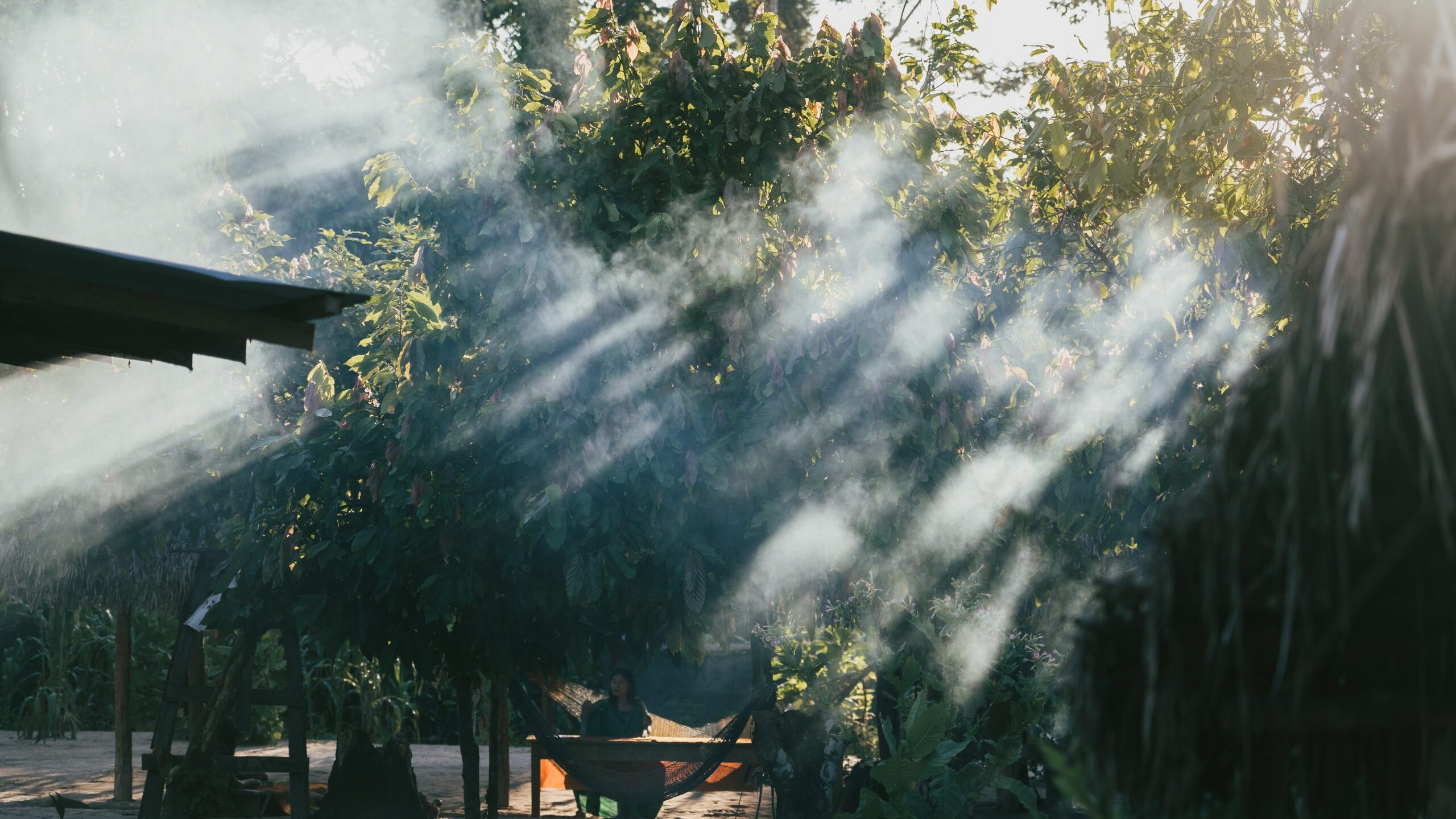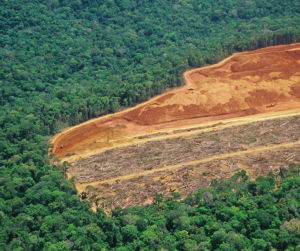
Red alert: millions of hectares of the Amazon rainforest set to be endangered by Peru Congress
Cool Earth stands with Indigenous people against the controversial modifications to the Forestry and Wildlife Law approved by Peruvian Congress on Thursday. The changes will endanger millions of hectares of the Amazon, encouraging deforestation and further resource extraction.
What is the Forestry and Wildlife Law?
Up until now, this law entrusted the Peruvian Ministry of the Environment with authority over the use and sustainability of the country’s natural resources. For those wishing to own land, including Indigenous communities, a request needed to be sent to the Ministry with a plan to explain what they would do with that land, be it farming, forest conservation or establishing a protected area.
What is Congress hoping to achieve?
Its first objective is to take away the authority given to the Ministry of Environment and provide greater flexibility and leniency to private landowners. Removing bureaucracy can be very attractive but when it comes to protecting vital ecosystems like the Amazon rainforest, it can also come at a devastating cost.

Thousands of Indigenous communities whose livelihoods depend on healthy forests have come out against this new legislation. For them, changing the law would have direct and immediate consequences over 800,000 hectares of rainforest. They see large-scale commercial agriculture as the reason behind the disappearance of their rainforest lands.
ONAMIAP, a women-led Indigenous organisation with whom we’ve been working, are extremely concerned by the new proposal.
“In Peru, the government has systematically promoted agricultural expansion in the Amazon, granting plots, many of which overlap with the ancestral collective territory of Indigenous peoples. This is just another aggressive form of territorial dispossession, a blatant attack on our rights as human beings.”
What happens now?
We will continue to back Indigenous organisations in Peru calling to repeal the modification of a law that protects nature. Amplifying their voices is more important than ever. Only a few days ago, many activists from all over the world gathered at COP 28 in Dubai to keep the pressure on halting the destruction of nature. This law is yet another step in the wrong direction. In Peru, and all over the world, there should be no legal justification for more deforestation and further violations of Indigenous rights.